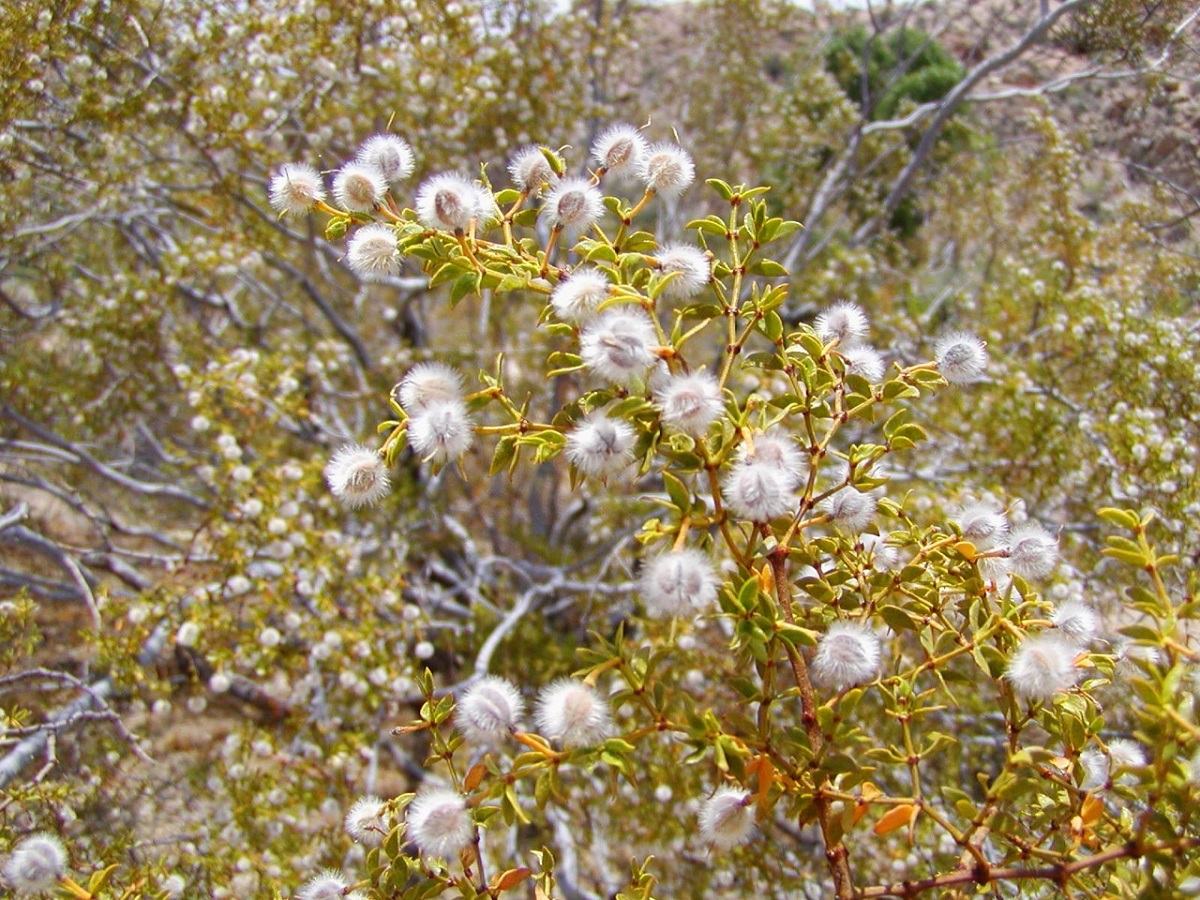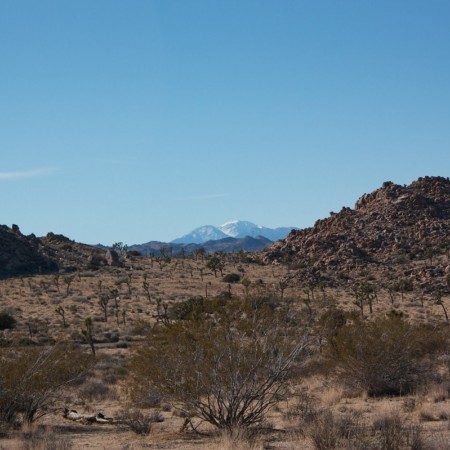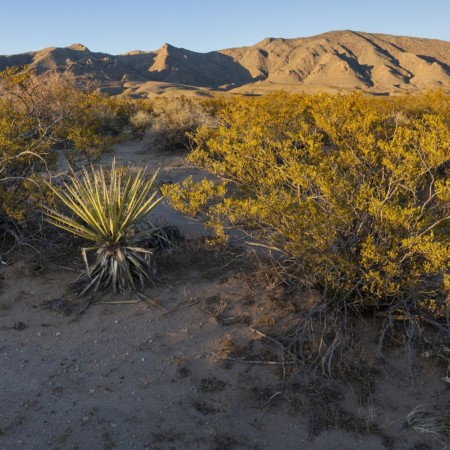(Photograph = Creosote fruit, Ken-ichi Ueda)
Introduction
Creosote (Larrea tridentata) is an evergreen shrub distributed over the lower-elevation deserts of North America. It is difficult to overstate its range. Creosote bush is abundant in the desert areas of the Mexican states of San Luis Potosi, Coahuila, Chihuahua, Durango, Sonora, Zacatecas, Baja California Norte and Sur, and in the southwest of the United States in Arizona, California, Nevada, Texas and New Mexico. Creosote ranges from 2- to 8-ft tall and seldom loses its leaves, even in the hottest and driest weather. Creosote bush is unpalatable to livestock and most wildlife, is usually toxic and may cause death.
The Details
The plant or its extract has been used for the following treatments or conditions: acne, psoriasis, dandruff, allergic problems, altered blood pressure, analgesic, anti-inflammatory, anemia, antibiotic, antiseptic, antiviral, arthritis, rheumatism, blood purifier, bowel cramps, inflammation, bronchitis, chicken pox, bruises, hemorrhoids, cold, cough, influenza, contraceptive agent (roots of the plant), cramping, diabetes, diuretic, emetic, headache, kidney stones, liver disease, , parasites, snakebite pain, sterility, stomach pain and diarrhea, tuberculosis, ulcer and indigestion, urinary tract infections and venereal diseases, and weight-loss.
There is no clinical data to support the use of the plant, but its use in home remedies continues.
Additional Reading: Creosote Bush
Additional Reading: Creosote Home Remedies






